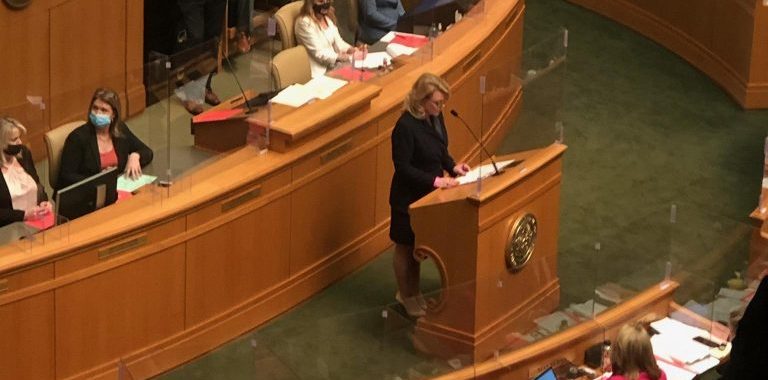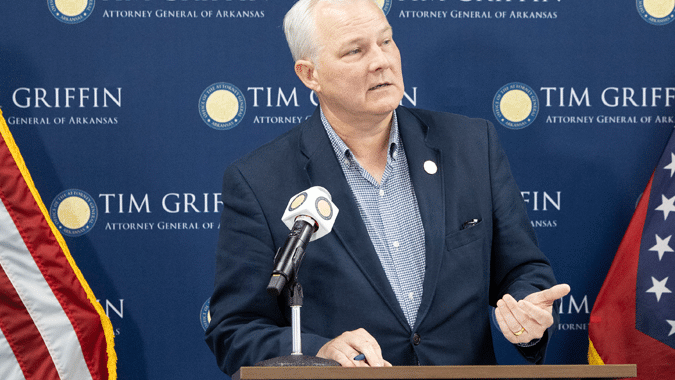Unpacking the Federal Court Decision Upholding the SAFE Act

On Tuesday, the Eighth Circuit Court of Appeals issued a decision upholding Arkansas’ Save Adolescents From Experimentation (SAFE) Act — a good law that protects children from puberty blockers, cross-sex hormones, and sex-change surgeries.
In 2021, the Arkansas Legislature overwhelmingly passed the SAFE Act. However, the ACLU and others sued to strike down the law. A federal judge in Little Rock blocked the state from enforcing the SAFE Act, but the Arkansas Attorney General’s Office appealed that decision. Tuesday’s ruling from the Eighth Circuit effectively ends the years-long lawsuit over the SAFE Act’s constitutionality.
Below are a few key highlights from the Eighth Circuit’s decision.
The Ruling Upholds the SAFE Act
The ruling effectively upholds the SAFE Act as constitutional.
The Eighth Circuit found the district court in Little Rock blocked the SAFE Act based on “incorrect conclusions of law.”
The SAFE Act does not violate the First Amendment or the Equal Protection Clause. It is lawful, and Arkansas can enforce it.
There is No Fundamental Right to Sex-Change Procedures
The Eighth Circuit rejected the idea that there is a “fundamental right” for children to obtain gender transition procedures.
The ruling found that Arkansas’ SAFE Act is reasonably related to legitimate state interests like restricting dangerous medical procedures and protecting children from harm. The court wrote, “The [SAFE] Act is rationally related to the state’s legitimate interest in protecting the well-being of minors.”
Sex-change procedures, puberty blockers, and cross-sex hormones can leave children permanently scarred, sterilized, and at risk of serious health conditions.
The judges pointed out that children who use puberty blockers are at greater risk of low bone density.
The court noted that “risks for minors using cross-sex hormones include changes in cholesterol and blood thickness, blood clots (increasing stroke risk), and infertility.”
The judges also cited evidence that sex-change surgeries carry risks and can lead to lifelong regret.
All of these findings underscore just how dangerous these procedures are.
Arkansas Has the Authority to Regulate Sex-Change Procedures
The court emphasized that states have broad authority to regulate medicine—especially when it comes to children.
Doctors do not know the long-term effects these procedures might have on people, but men and women have come forward with chilling testimony about how they were rushed through gender transitions as children without knowing the procedures’ risks, consequences, and alternatives.
Groups like the ACLU have claimed that the SAFE Act is discriminatory, but organizations like the Heritage Foundation have pointed out that simply is not the case. The SAFE Act does not deny healthcare to anybody. It just prohibits healthcare providers from performing or paying for sex-change procedures on children. That is something the State of Arkansas is free to do.
Arkansans Should Be Proud of the SAFE Act
We have said for years that we believed our courts ultimately would uphold the SAFE Act as constitutional.
There is a good reason why most lawmakers and most voters in Arkansas support the SAFE Act: It’s common-sense legislation that protects children from dangerous sex-change procedures.
This ruling from the Eighth Circuit underscores that the SAFE Act is a good law that Arkansans should be proud of.
Articles appearing on this website are written with the aid of Family Council’s researchers and writers.




